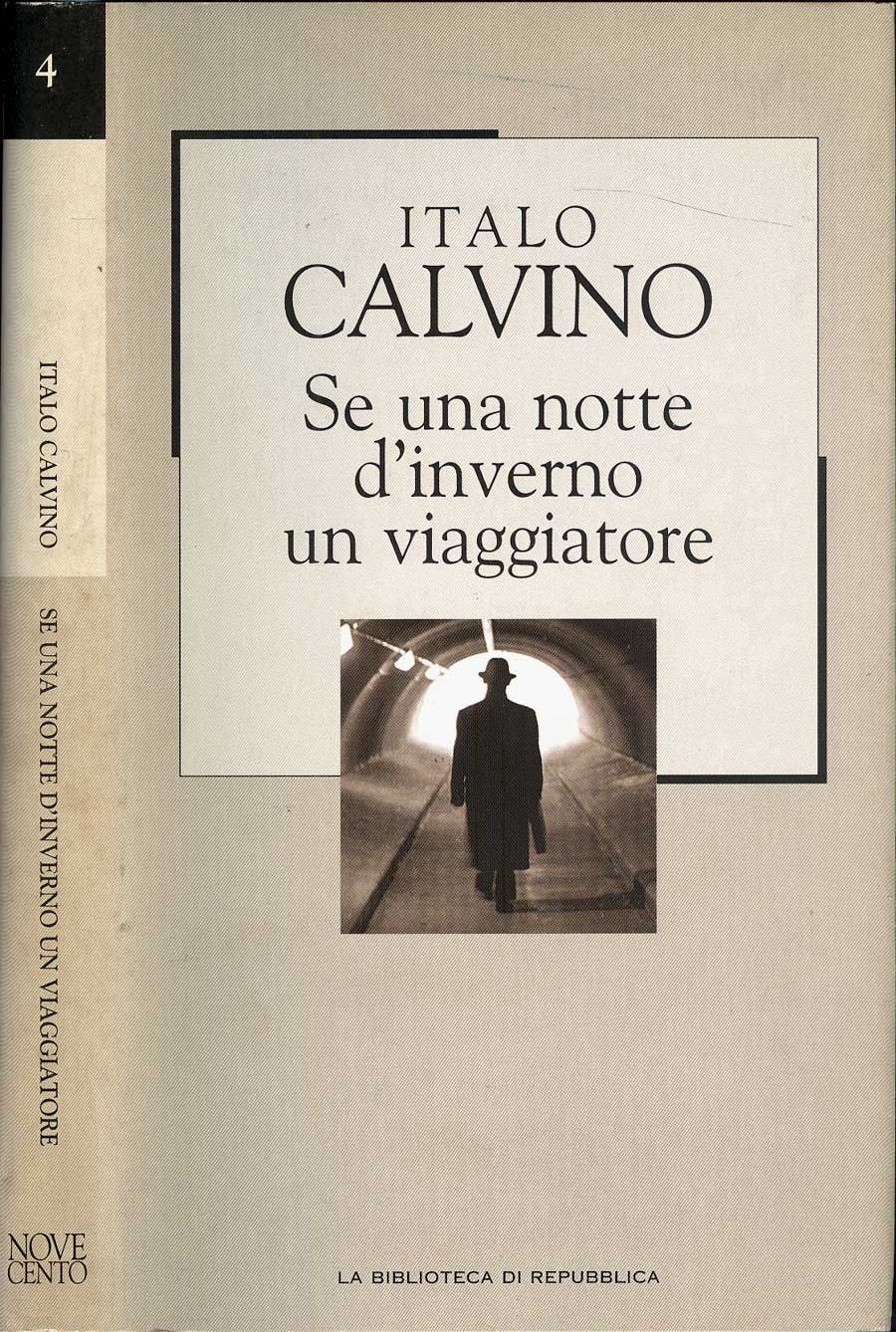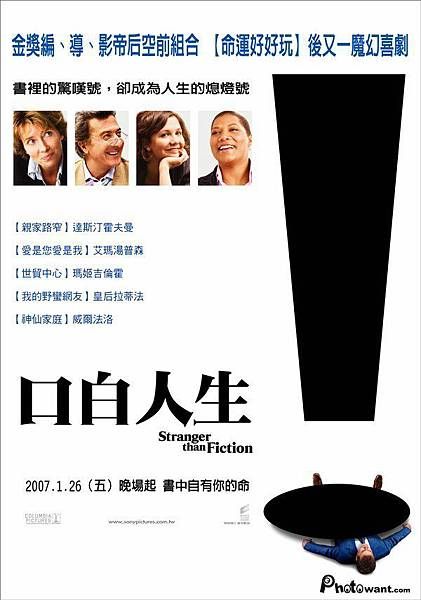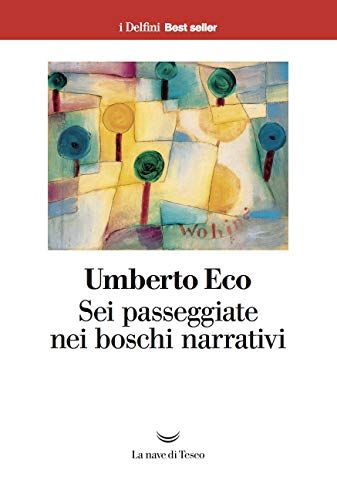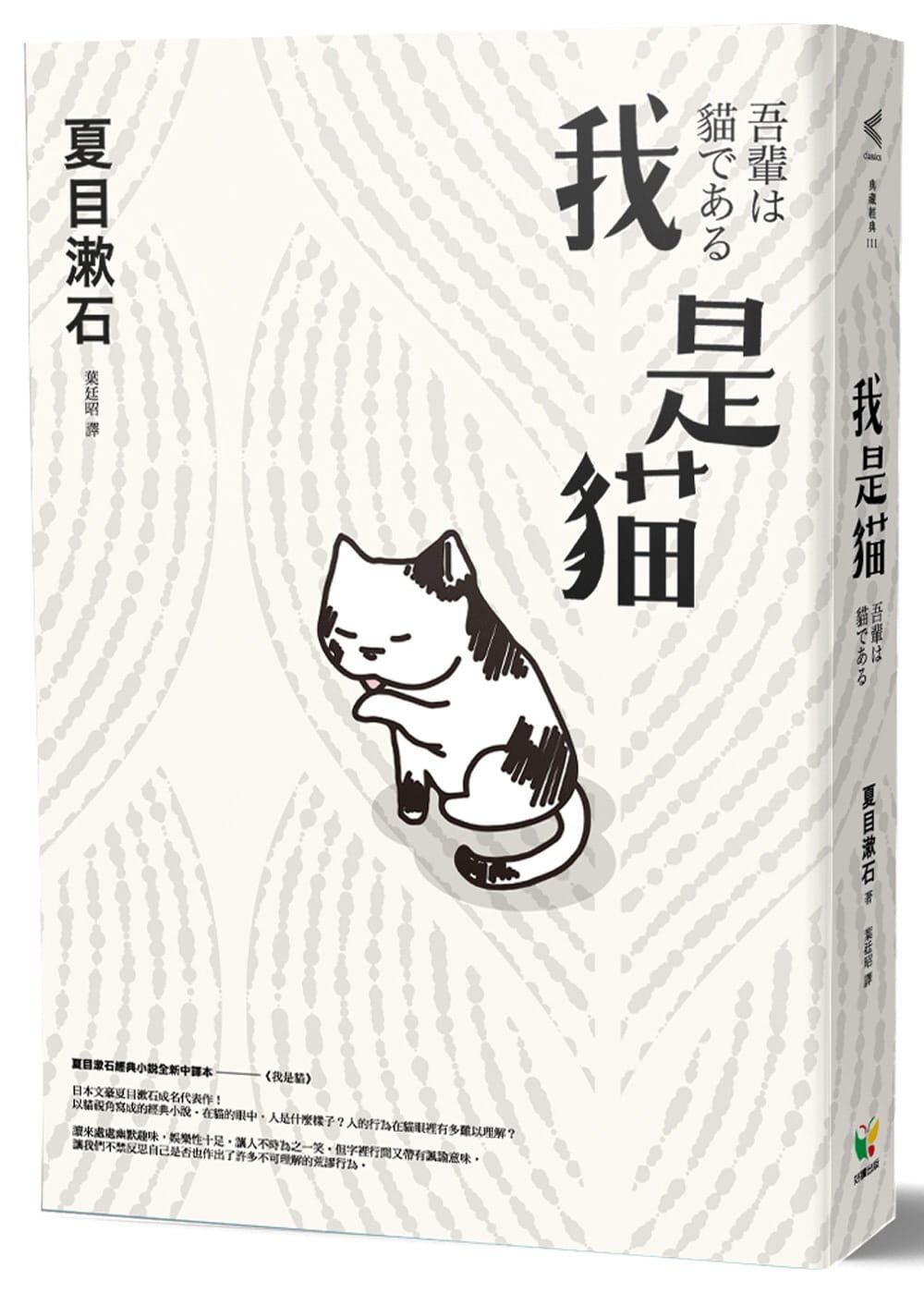
《後綴》假掰文青誌,關注身為「第一讀者」的精神,獻給Matters的一頁式文青......(Jeger是幻想自己是主編的人) 收藏《後綴》Writing NFT: https://liker.land/zh-Hant/like1etwj3ek0mfnwdz3rt3nhvguuuu6scpvzen6pg2 聯絡:pdfonline15@gmail.com
If it's a winter night, read "If it's a winter night, a traveler"
Tonight is the same as usual, except that there is an extra table of food and wine, desserts are waiting in the refrigerator, and a lover or a cat is enough to accompany me . ......

Sitting down with one butt, the cat in one hand, and the book in the other, the first sentence of the first chapter begins: " You are about to read Italo Calvino's latest novel, "If On a Winter Night, A Traveler." Relax. Stay focused and get rid of all distractions. Let everything around you gradually become invisible. … You also have to adjust the lighting so as not to cause visual fatigue. Do it now, because once you are immersed in the world of reading, you will I don't want to move anymore. … ”
You are sure that what you are reading is not the preface, so why is the author still babbling and not telling the story? But what he said was right, so you just did it, and at the same time it reminded you of a certain movie you've seen before, thinking: What? Am I in the movie Stranger than Fiction (2006)? It's just a character written by a writer, what the narrator says, what has to be done?

Then look down, and you finally start reading "If On a Winter Night, A Traveler." But you suddenly translate this story into another parallel experience...
At a DVD rental store (now probably extinct), you rent a movie to take home.
The movie was called "If On a Winter Night, A Traveler". At the beginning, I was playing an otaku who went to the rental store to rent a movie (you have a sense of sight in your heart, and you think that the behavior of the house is very similar), the otaku went home to watch the movie, but after more than 5 minutes of acting, it stopped at The key part, after that, there was no text, it became a black screen, and the next day he ran back to the rental shop theory (you think it's fortunate that this didn't happen to you). The innocent clerk said, "Hey, a girl just came to complain, and she had the same problem when she borrowed the same movie, probably because the rookie working student put the wrong DVD and put it on another movie called "Marlborough". "Outside of Town" movie, I'm so sorry! That girl is looking for it there!" You thought, too blind! But in order to even play, you have to make mistakes, so you find the girl, and the mysterious voice like "Baibai Life" reappears at this time: "Go chat, what are you waiting for, remember to ask for the other party's mobile phone number." Then You really did it, and the reason was reasonable. You said, "If we find another problem, we can take care of each other." After more than a minute, it broke again, and there was no connection with the upper film at all. Now you have another good reason to call that sweet and lovely girl. You both feel that the author and the title of the movie are wrong, and she suspects that this should be another movie. She also said that she knew a university student. The professor who teaches film, we can go and ask him...
Well, seeing this, you can imagine what trick the author of "If On a Winter Night, A Traveler" is playing, you look at the catalogue, there are a total of ten novels (destined not to be complete), so you know what's inside The protagonist "reader" will be played ten times, that is, you will be played ten times, but you will still want to watch it, even if you understand that it is you who is actually being played.
Think of a piece of news that is already outdated:
When browsing the web on your mobile phone, you are attracted by a piece of news: "Have been cheated by a scam group ten times in a row? What the hell is going on?", click on it and find that it is a blank web page. Soon, a canned text message (in the voice of a robot) came from the mobile phone: "Hello, dear VIP, this system has detected an abnormal swiping of your card (the location of swiping the card is abroad). To ensure your rights, please call the following number immediately, A specialist is here to serve you wholeheartedly!" The call was from a gentle and pleasant female customer service, who said, "You may have clicked on a phishing page by mistake... In order to confirm your identity, you must first check the information with you. ...", you nodded your head like garlic, so you gave a bunch of information, and the other party kindly assisted in reporting the case. An hour later, "Director Zhang, Prosecutor of the District Prosecutor's Office", who claimed to be specially handling fraud cases, knocked on the door...
You finally found out that the original news: "Ten times deceived by a fraud group in a row? What's going on?" The culprit in it is you, and the news is still happening.
Umberto Eco's "The Reader in the Story" and Italo Calvino's "If On a Winter Night, A Traveler" were published in 1979, and they also made the "readers" who were originally eating melons and watching dramas, It becomes an element that must be paid attention to and taken into consideration in the creation of novels.
Aike says: "Any narrative text is addressed to a typical reader at the first level, who of course wants to know how the story ends. . . . But any narrative text is also addressed to the second level. A typical reader at this level listens, and a reader at this level will think about what kind of reader the story itself expects him (or she) to be, and at the same time want to understand exactly how a typical author guides the reader through the needle." Traditional version of "Youyou Novel Forest", translated by Huang Yulan , p. 40.

The typical reader of the first level will laugh out loud after listening to the author's jokes. The typical reader at Level 2, on the other hand , not only laughs, but also knows how he is seduced, laid out, and designed so that he can laugh accurately at the point of the joke.
But "If On a Winter Night, A Traveler", this meta-fiction, simultaneously performed four kinds of readers:
. the reader as the protagonist of the novel
. The typical reader who reads the first level of a novel story
. The novel itself has exposed the technique, leading the reader to become a typical reader of the second level
. The author must also be a good reader
As for a story that is obviously fictional, why are readers willing to read it as if it were true? ?
Let's just ask ourselves.
When we read the beginning of a novel: "At dawn, someone wakes up from a disturbing dream and finds himself transformed into a giant worm in his bed. " Have you read on?
Or, when I find out that a book is actually called " I Am a Cat ", I will smile, knowing that sooner or later I will find it and read it. But now, I just finished eating the cans, and I just want to lie down by the window and sleep in the sun.

Like my work?
Don't forget to support or like, so I know you are with me..
Comment…